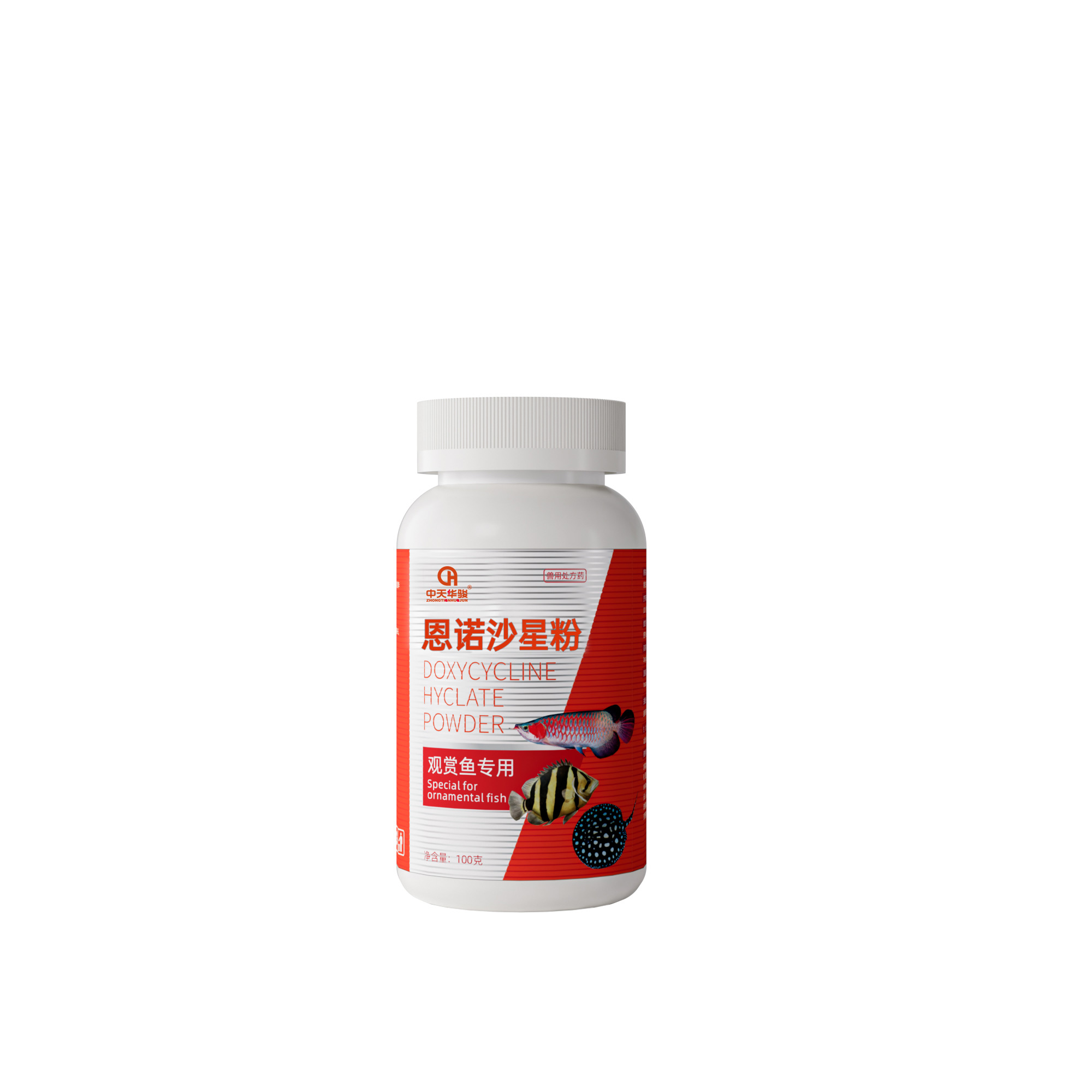
Jul . 11, 2024 06:11 Back to list
Potential dangers of mycotoxins found in food processing facilities and their impact.
Mycotoxins are toxic compounds produced by certain molds that grow on crops. These toxins can contaminate various food products, causing a range of health problems when consumed. Food factories are particularly vulnerable to mycotoxin contamination due to the handling and processing of large quantities of ingredients. In this article, we will explore the risks of mycotoxins in food factories and discuss ways to mitigate these risks.
Mycotoxins can be found in a wide variety of foods, including grains, nuts, fruits, and vegetables. In food factories, mycotoxins can enter the production process through contaminated raw materials or inadequate storage conditions. Once mycotoxins are present in the food supply chain, they can be difficult to detect and remove, posing a serious threat to consumer health.
One of the main concerns with mycotoxins in food factories is the risk of cross-contamination. If a single batch of raw materials is contaminated with mycotoxins, the toxins can spread to other products during processing. This can result in widespread contamination throughout the factory, putting consumers at risk of exposure to harmful levels of mycotoxins.
To prevent mycotoxin contamination in food factories, strict quality control measures must be implemented at every stage of the production process

mycotoxins in food factory. This includes regular testing of raw materials for mycotoxin levels, maintaining clean and sanitary processing environments, and implementing proper storage practices to prevent mold growth. In addition to quality control measures, food factories can also utilize various technologies to detect and remove mycotoxins from food products. For example, advanced screening techniques such as high-performance liquid chromatography (HPLC) can be used to identify and quantify mycotoxins in food samples. Once mycotoxins are detected, food factories can employ decontamination methods such as heat treatment or irradiation to eliminate the toxins from the final product. Furthermore, food factories can work closely with suppliers to ensure the quality and safety of raw materials. By establishing stringent supplier guidelines and conducting regular audits, food factories can reduce the risk of mycotoxin contamination in their products. Collaborating with food safety experts and regulatory agencies can also provide valuable guidance on best practices for mycotoxin management. Overall, mycotoxins pose a significant threat to food safety in factories, but with proper precautions and proactive measures, the risks can be minimized. By implementing effective quality control measures, utilizing advanced technologies, and working collaboratively with suppliers and experts, food factories can ensure that their products are safe and free from harmful levels of mycotoxins. Ultimately, the health and well-being of consumers depend on the diligence and vigilance of food manufacturers in preventing mycotoxin contamination.

mycotoxins in food factory. This includes regular testing of raw materials for mycotoxin levels, maintaining clean and sanitary processing environments, and implementing proper storage practices to prevent mold growth. In addition to quality control measures, food factories can also utilize various technologies to detect and remove mycotoxins from food products. For example, advanced screening techniques such as high-performance liquid chromatography (HPLC) can be used to identify and quantify mycotoxins in food samples. Once mycotoxins are detected, food factories can employ decontamination methods such as heat treatment or irradiation to eliminate the toxins from the final product. Furthermore, food factories can work closely with suppliers to ensure the quality and safety of raw materials. By establishing stringent supplier guidelines and conducting regular audits, food factories can reduce the risk of mycotoxin contamination in their products. Collaborating with food safety experts and regulatory agencies can also provide valuable guidance on best practices for mycotoxin management. Overall, mycotoxins pose a significant threat to food safety in factories, but with proper precautions and proactive measures, the risks can be minimized. By implementing effective quality control measures, utilizing advanced technologies, and working collaboratively with suppliers and experts, food factories can ensure that their products are safe and free from harmful levels of mycotoxins. Ultimately, the health and well-being of consumers depend on the diligence and vigilance of food manufacturers in preventing mycotoxin contamination.
Latest news
-
Acute Salpingitis and Oophoritis AI Factory
NewsJul.31,2025
-
Premium China Bacillus Subtilis Supplier & Factory Solutions
NewsJul.30,2025
-
Premium Avermectin Supplier in China | Custom Solutions Available
NewsJul.29,2025
-
China Bacillus Subtilis Supplier - Custom Factory Solutions
NewsJul.29,2025
-
China Salivation: Leading Custom Salivation Supplier & Factory Solutions
NewsJul.29,2025
-
Leading Lincomycin Hydrochloride Manufacturer & Supplier with High Purity
NewsJul.29,2025




